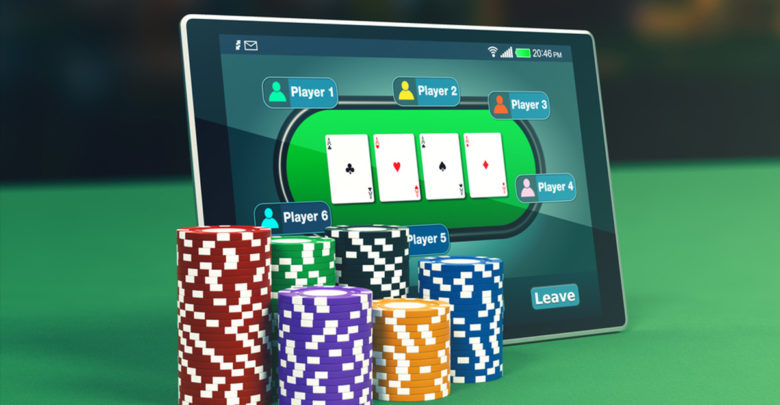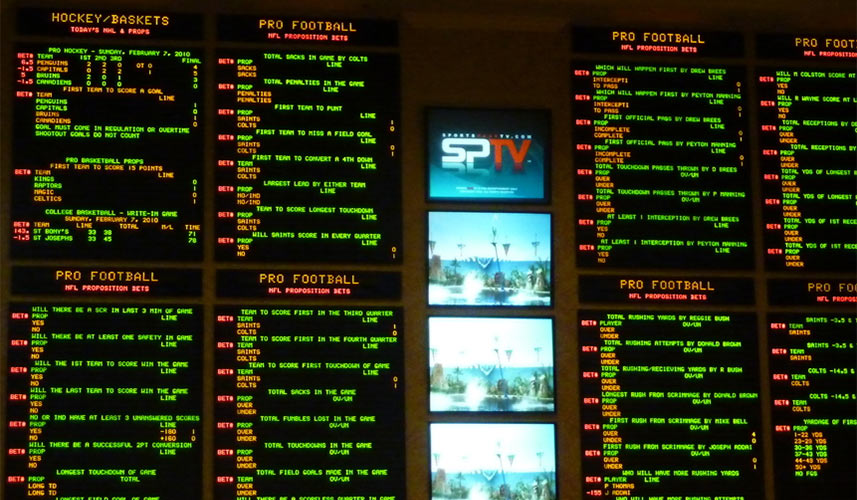Biggest Mistakes Made By Online Poker Tournament Players

The world of online poker tournaments is a very competitive one. The popularity of Texas Hold’em and poker in general has been on the rise for 20 years now and it doesn’t show any signs of slowing. There are thousands of players in the world and everyone of them is looking for an edge. Trends come and go, strategies shine bright and then die off. There is no perfect way to play poker.
Moment to moment, pot to pot, the game is constantly changing and good poker players adapt with it. While there are no sure-fire rules on how to win constantly in online poker tournaments, there are sure-fire ways to improve your chances.
Every poker player makes mistakes. Tournaments are long, pots can be long. Mistakes are going to be made. The key to becoming a successful online poker tournament player or just a good poker player in general is to minimise your mistakes while taking advantage of others mistakes. As mentioned, mistakes are going to be made for one reason or another. What you really need to avoid are when mistakes form into bad habit. Mistakes you can live with, bad habits will break you.
The only way to limit mistakes is to know what mistakes are commonplace and that’s where we come in. We’ve compiled a list of the seven biggest mistakes players make in online poker tournaments. Learn this list and limit your mistakes, you’ll be a better poker player in no time.
Missing the Value Bet
Missing a value bet is the most common of mistakes made by poker players. If you have good read on your opponent, be sure you trust it. It’s worth a value bet on the river, don’t miss it. Missing out on value bets reduces the size of the pots. When you have good hands, you have to get the most out of them and if you are missing value bets, you are not maximising your hand’s potential.
Calling with the Weaker Ace
Another common mistake is calling down more players with the weaker ace. It’s important to remember, having top pair with a lower kicker is not a nut hand. If you are playing experienced players and they wager strong, it’s important to fold your ace by the turn, provided they are not bluffing too often.
“Bluffing the Donk”
One of our favorite poker terms, bluffing the donk, is used to describe when mediocre players sloppily try to outplay obvious beginners. For instance, you’ve created the perfect opportunity to bluff, but then, the beginner at the table calls you for no reason other than inexperience. It’s up to you to know and learn your opponents tendencies as well as what they are capable of. Beginners are unpredictable and will allow you to win. There is no need to challenge a newbie, especially with a bluff.
Overcalling Small Pocket Pairs Pre-flop
The overcalling of small pocket pairs pre-flop is a big mistake made quite often and it can be an expensive one at that. When players do this, they are usually thinking they will hit their set and be able to cash-in big. However, this only happens one out of eleven times and, therefore, this is a very unprofitable approach.
Head Games
Trying to get into someone’s head is for expert players. If you’re just an average player, you shouldn’t even try it. Your gamesmanship can easily backfire. That said, the most important part of poker head games is knowing when someone is trying to get into your head.
There are many tells of when this is the case. Is someone chatting you up too much? Someone being aggressive or passive aggressive with you? Does someone have a comment for every move you make? Are you getting angry? If the answer to any of the these questions is yes, then we don’t have to tell you what is going on.
Fold Aces
Everyone loves to see aces. However, sometimes you have to fold them in and knowing when to do so is what separates mediocre players from great ones. There are situations where a good read and a competitive board will force a player to fold a good hand. Most amateurs can’t let go though. It is important to remember, pocket aces, as wonderful as they are to see, are simply a pair at the end of the day. The lowest ranked holdings in Texas Hold’em.
Call Your Own Bluff
Knowing when to stop a bluff in the works is very important. Bluffing is truly a great skill and it takes tons of practice to perfect. One of the first steps of becoming a master of bluffing is to know when you’ve been bet and call it quits. The deeper a bluff goes, the more tells you could be giving away and if you are caught, you are done for.




